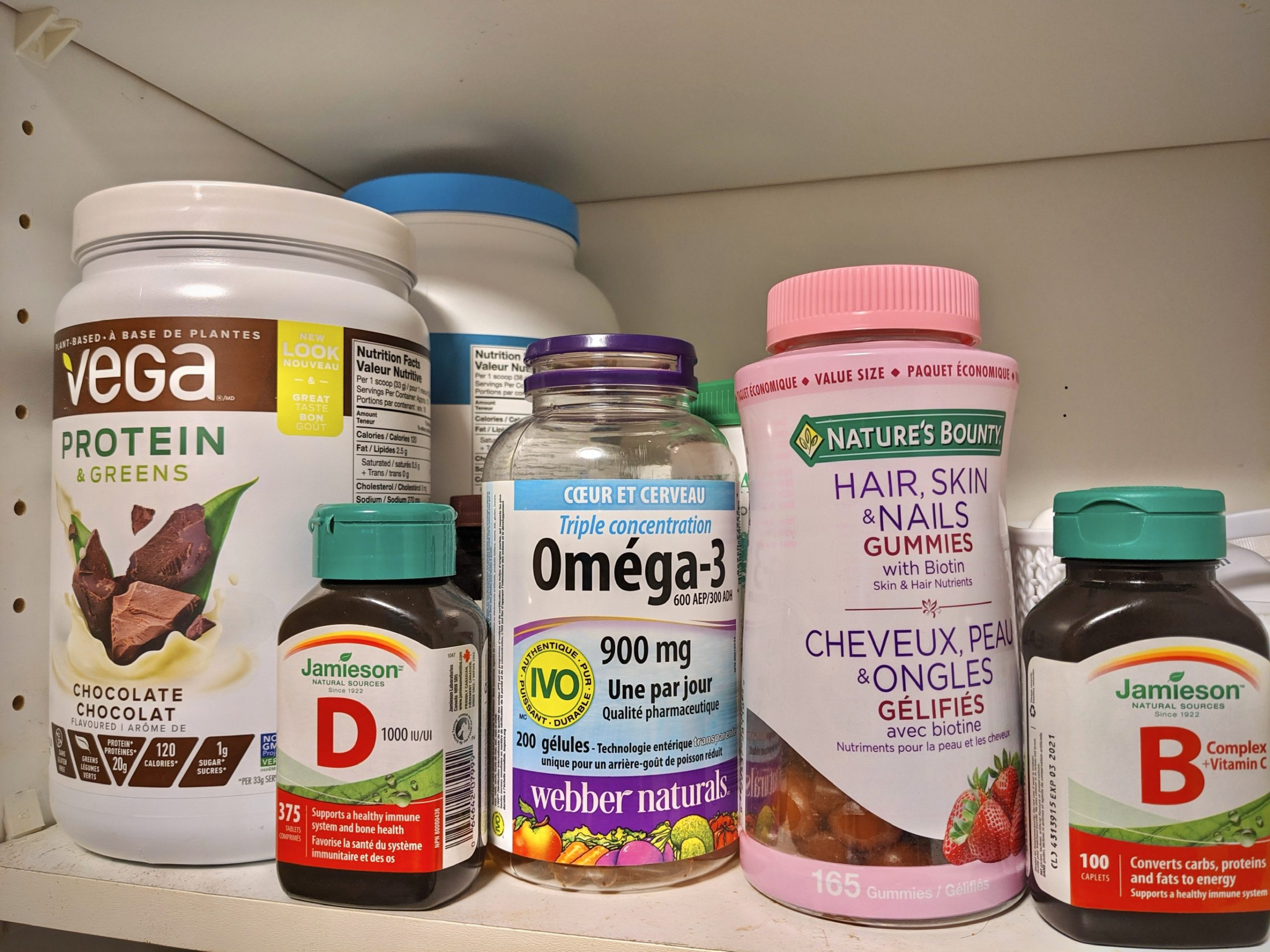The pandemic has been in the spotlight for nearly a year and the lack of a cure has led many to look for alternative solutions. Exercise and healthy nutrition have been one of the more prevalent and accurate ideas among many.
When it came to supplements there was a lot of debate over their benefits and whether they provided any substantial results. Experts debated and often disregarded the effectiveness of supplements in protecting individuals against COVID-19.
In fact, many articles were released with doctors warning the general public that supplements had no positive effects, often calling them useless.
Patients with COVID-19 who are treated with calcifediol (found in vitamin D) are likely to have the intensity of the disease significantly reduced.
However, two studies published in the last month have shown that vitamin D and zinc can be vital in reducing the severity of the disease.
A team of researchers at the Reina Sofia University Hospital in Cordoba, Spain, led a study which shows that “Early calcifediol treatment to hospitalized COVID-19 patients significantly reduced intensive care unit admissions.”
This means that patients with COVID-19 who are treated with calcifediol (found in vitamin D) are likely to have the intensity of the disease significantly reduced.
This includes daily intake of vitamin D as a supplement. Although it does not prevent or reduce the chance of succumbing to the disease, if one is infected they will experience less severe symptoms
The study was conducted on a random basis with the patients split into two study groups, one which received calcifediol treatment and one that did not.
The results were quite staggering. Out of the group which received treatment, only one out of 50 (two per cent) required admission into the intensive care unit (ICU). The group which did not receive the treatment had 13 out of 26 (50 per cent) of the patients requiring the ICU.
A study concluded that higher levels of zinc contribute to a seven per cent reduced risk of mortality.
The second study was conducted by Dr. Roberto Güerri-Fernández and colleagues at the Hospital Del Mar, Barcelona, Spain. This study focused on zinc levels in blood relative to patient mortality.
The study found that patients with lower levels of zinc were twice as likely to pass away from COVID-19. Patients admitted to the hospital had their zinc levels monitored throughout their stay.
The study was conducted with 249 patients out of which 21 passed away. The median levels of zinc for the survivors was 63.1 micrograms per deciliter (mcg/dl). Those that died had a significantly lower median at 43 mcg/dl.
After adjusting several factors, the study concluded that a higher level of zinc contributed to a seven per cent reduced risk of mortality, meaning higher levels of zinc could increase the chances of survival for those admitted to the hospital with COVID-19.
These two studies highlight the benefits of zinc and vitamin D, however, they only reduce the severity of illness caused by COVID-19. These are not equivalent to a vaccine or a replacement for social distancing and facemasks.




